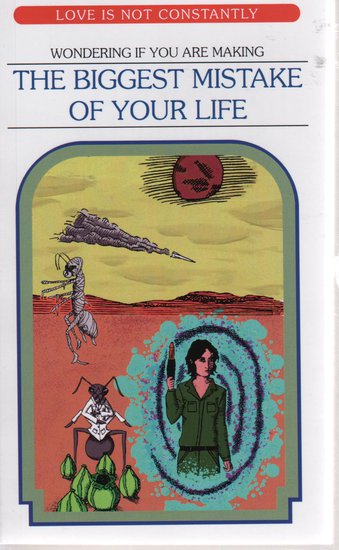Walking my bike through the fine sand to meet friends on the beach, Tuesday night, in an interlude of heat between storms, I found my eyes lingering on the beautiful bodies of the men and the women and everyone else around me. It made me think about one of the early entries I posted to this blog, nineteen years ago: a little scanned photo of two famous musicians, and a “joke” about having a crush on each of them. (It was also the post where I announced that I had successfully added permalinks to my homebrew software. Most of those very first entries are among the ones I have since set to private.)
I had been making those kinds of jokes since I was a teenager, attempting to forestall criticism and mockery of my own uncertain masculinity by beating my peers to the punch. As with so many things in my youth, I did not pause to consider that in my self-protective spin moves I was just enacting another form of homophobia, or what effect that might have on other people around me.
But I’m not a youth anymore. I know a little more in general than I did then, and a lot more about myself. So I thought about that old reflex, and how many gentle people have helped me move away from it, and I thought about the sweat and skin and bodies of the people at the beach, and I thought: I can call this feeling what it is, without justification or apology. The name of the feeling is attraction. I’m a forty-one-year-old man, and I’m attracted to some women, and some men, and certainly some other people too.
Here I am, a different person than I was nineteen years ago, and the same person I have always been. Happy June.
